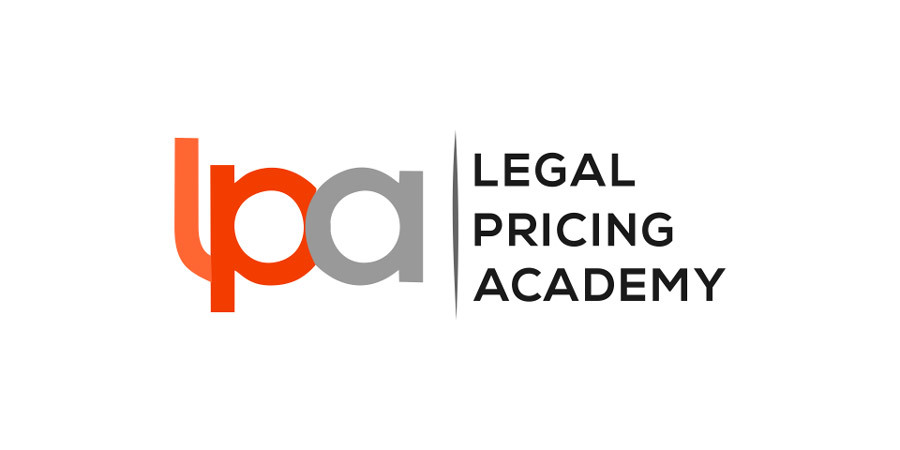Well, that’s a great way to alienate the audience before getting to the first paragraph. I thought about smoothing that title out a bit but, nah, let’s call it how we see it.
But first a vignette – after being in private legal practice for several years I agreed to serve on a cost complaints panel convened by the New Zealand Law Society which was charged with a statutory responsibility to deal with fee complaints from the public. This was 1984.

The law society delegated that responsibility to panels of experienced practitioners to adjudicate. After several years, I was asked to chair the panel. In that capacity I either personally adjudicated or signed off over 300 assessments. I upheld the fee in 93% of them. Indeed, in many cases, the fee was less than what I would have charged in my own firm or approved on assessment.
So, if in most cases, the fees were fair and reasonable by any objective criteria, why on earth were there still so many complaints? Somewhere into those 300 assessments, the fog started to lift, and a pattern emerged. By the time I gave up the role (after 25 years) I was absolutely convinced that there were three overarching contributors to the level of complaints which I’m going to outline in a moment.
But what does this have to do with write offs and debtor days you might ask? Well, they are all inextricably intertwined and have their genesis in these three factors.
1) Poor pricing at the outset – how many of us commit to buying anything of any consequence without knowing precisely, or at least with a high degree of precision, what the cost is going to be? Clients crave budgetary certainty, not unreasonably or surprisingly, but we still aren’t great at it.
The legal profession has made an art form out of differentiating itself from other service providers by trying to retain a measure of opacity around the cost because of uncertainty about what the ultimate cost might be.
Having been in legal practice for 30 years, I obviously have considerable sympathy for the argument that goes, ‘how can we price something with precision when we don’t know with precision at the outset what will be required?’
But the fact that it is difficult is not an excuse for not even attempting to do so. This is after all an exercise in expectation management. The better you can manage the clients’ expectations from the outset, the less grief you will have later.
There is now very clever lawyer friendly software like Virtual Pricing Director®, which makes this process much easier and much more accurate and yet, how many of us still wander over to the window, scratch our heads for a couple of minutes and opine, ‘it feels like £20,000’.
Put simply, we owe it to clients, and we owe it to ourselves to bring a little more sophistication and a little more rigour to the process. Whether we like it or not, we must spend time on pricing. The only decision you can make is whether you spend that time at the beginning of the job, doing your best to come up with a sensible scope and a sensible/realistic price or whether you spend that time at the end dealing with the complaint, write off discussions and internal consequences.
2) Poor ongoing expectation management – It’s great to get a thoughtful proposal out to clients, but it needs continual monitoring. There are so many ways that the anticipated cost can run away with us…
- We set ourselves up to fail from the outset with an unrealistically low price.
- Genuine scope creep
- A fee earner that decides to thrash the file to meet their billable hours targets or simply lacks any sense of commercial proportionality.
- Too much partner time because we won’t delegate enough.
The failure to keep clients informed of anticipated or anticipatable cost increases in a timely manner because we’d rather kick the can down the road and adopt the lily-livered strategy of ‘having a chat at the end’, comes back to bite us something terrible.
As we concluded in a previous post - ‘We’ll Have a Chat at the End – a $20 million Black Hole’ – more than 50% of end-of-matter write-offs are attributable to this failing. And it is worth nothing that we are getting worse as identified in recent research by Advanced.
At that stage, the only option available to the partner to appease the aggrieved client is a financial mea culpa by offering a discount/partial write-off.
Appalling client relations and appalling commercial management.
3) Wrong collection processes – Which brings us to lock up, comprised of two elements…
- Unbilled work in progress - I can add nothing to what every partner knows – bill regularly. Why? It is important for law firm cashflow and it keeps clients informed (see 2) above).
- Debtors - Clients for whom you have done work and invoiced them, and they are very slow to pay. Drawing on my experience with the >300 fee complaint adjudications, there are only four reasons why a client doesn’t pay on time...
- They didn’t get the invoice. Rare, but possible given some clients finance functions. Easily resolved.
- They are using you as unsecured interest free supplier credit for as long as they can. That is unacceptable and needs to be called out.
- They genuinely can’t pay. A payment arrangement needs to be put in place, monitored, and adhered to.
- They are unhappy with something – the invoice, your advice, your service or all 3. The real reason for non-payment needs to be flushed out and dealt with appropriately.
And here’s the kicker – in >90% of the more than 300 adjudications I undertook, the reason for late payment was due to 4. ie, they were unhappy about something but didn’t want to raise it and just sat on the bill until someone brought it to a head, usually many months later.
And the solution to all four of these? The firms credit control department should take control of the process and with one exception, partners should be kept as far away from the process as possible. Let’s unpick that with a few observations…
- Partners dislike pricing generally and loathe chasing clients for payment. Hat’s off to barristers who have continued to maintain a sensible separation of roles – the barrister has the relationship (good cop) and the clerks deal with the money (bad cop). It works.
- Partners invariably refuse to mandate the application of penalty interest for late payment per the Ts & Cs. So, there’s the interest free unsecured credit while the firm’s overdraft bloats. Why pay the lawyers on time when there are no consequences for not doing so?
- Partners continually make excuses as to why everyone should leave their ‘good client’ alone and the normal terms of trade (which the client signed up to) shouldn’t be enforced. Why? Because apparently their precious client will get a bit upset if they are asked to pay on time and might take their business elsewhere.
The only time a partner should be involved other than at the point of invoice is if there is a genuine complaint that needs to be addressed or mandating enforcement once all other options have failed.
But credit control is the ambulance at the bottom of the cliff. If the partner has done a good job of the original pricing and continued to engage with the client regularly, transparently, and honestly on the subject, there should be little for credit control to do.
If you want to see how Virtual Pricing Director® is revolutionising how these challenges can be overcome, drop us a note.

